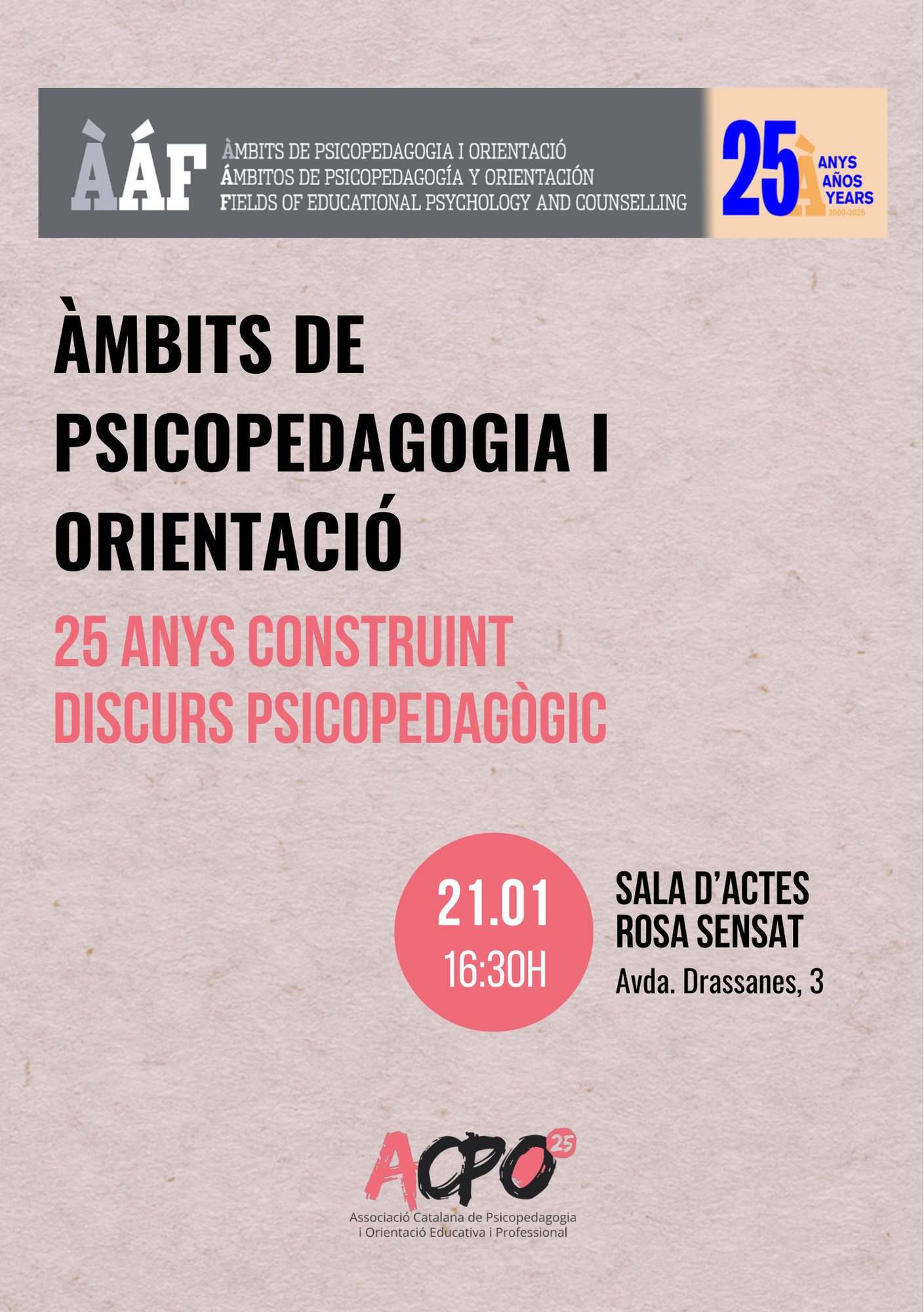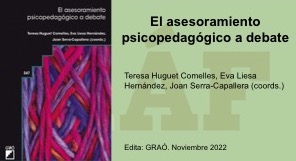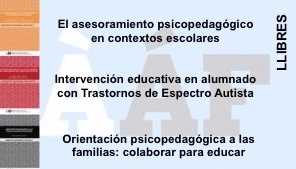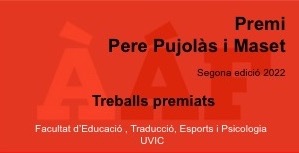Construint ponts. Com acompanyar en els canvis d’etapa a l’alumnat amb NESE (Necessitats Específiques de Suport Educatiu)
DOI:
https://doi.org/10.32093/ambits.vi5850481Resum
Els canvis són necessaris al llarg de la vida, permeten el creixement i el desenvolupament de la persona. Aquest procés d’aprenentatge es desenvolupa en diferents etapes educatives que acompanyen els diferents moments maduratius. Les transicions d’una etapa a una altra sovint són moments de crisi, de nous ajustaments, de ruptures... tant pels infants o els joves com per a les seves famílies. En el cas dels alumnes amb Necessitats Específiques de Suport Educatiu (NESE) aquests canvis poden ser més complexos i concentrar situacions de major risc de vulnerabilitat. En aquest article es fa un breu recorregut sobre quin és l’estat de la qüestió actual pel que fa als itineraris educatius de l’alumnat amb NESE i, quines son les característiques desitjables i les fases que ha de tenir el procés d’acompanyament perquè aquestes transicions siguin el més positives possibles. La finalitat última és construir ponts per facilitar el camí.
Referències
Síndic de Greuges (2021a). L’educació inclusiva a Catalunya. Síndic de Greuges de Catalunya.
Síndic de Greuges (2021b). Informe sobre la detecció d’alumnat amb necessitats educatives específiques i ús de la reserva de plaça. Proposta per al desplegament del Decret 11/2021. Pacte contra la segregació escolar a Catalunya. Síndic de Greuges de Catalunya.
Coll, C. (2015). La personalització de l’aprenentatge escolar: un repte indefugible. A: Vilalta, J. M. (Dir.) Reptes de l’educació a Catalunya. Anuari 2015 (pàg. 45-104). Recuperat de: https://fundaciobofill.cat/publicacions/reptes-de-leducacio-catalunya-Anuari-2015
Consorci d’Educació de Barcelona (2021). Enquesta a famílies d’alumnes amb necessitats d’educació especial escolaritzats a centres d’educació especial de Barcelona. Informe de resultats. Generalitat de Catalunya. Ajuntament de Barcelona.
Fernández, C. (2018). La realitat amagada de l’educació inclusiva a casa nostra. El Diari de l’Educació, 26 de juny. Recuperat de: https://diarieducacio.cat/la-realitat-amagada-de-leducacio-inclusiva-a-casa-nostra/
Izquierdo, E. (2018). El nou Decret d’educació inclusiva: una norma positiva que deixa obertes algunes qüestions. El Diari de l’Educació, 4 de maig. Recuperat de: https://diarieducacio.cat/educaciolocal/2018/05/04/el-nou-decret-deducacio-inclusiva-una-norma-positiva-que-deixa-obertes-algunes-questions/
Tarabini, A. (2018). L’escola no és per a tu. Quines estratègies ens calen per atendre la diversitat d’una manera veritablement inclusiva? Fundació Bofill. Debats. Recuperat de: https://fundaciobofill.cat/videos/lescola-no-es-tu-quines-estrategies-calen-atendre-la-diversitat
Tarabini, A. i Jacovkis, J. (2018). Transicions a l’educació secundària postobligatòria a Catalunya. A: Riera, J. (Dir.) Reptes de l’educació a Catalunya. Anuari 2018 (pàg. 235-290). Recuperat de: https://fundacio-bofill.cat/publicacions/transicions-leducacio-secundaria-postobligatoria-catalunya
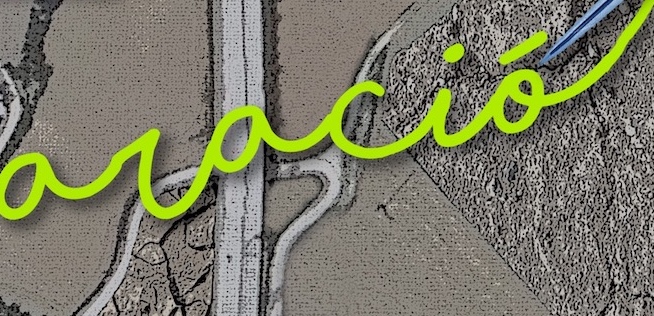
Descàrregues
Publicades
Número
Secció
Llicència
Els autors/ores conserven els drets d'autor i concedeixen a la revista el dret de primera publicació de l'obra, registrada sota una llicència Creative Commons Reconeixement-NoComercial-Sense Obra Derivada. Aquesta llicència permet la descàrrega de les obres, i que es puguin compartir amb altres sempre que se’n reconegui l'autoria, però no permet que siguin modificades de cap manera, ni ser utilitzades amb finalitat comercial.


